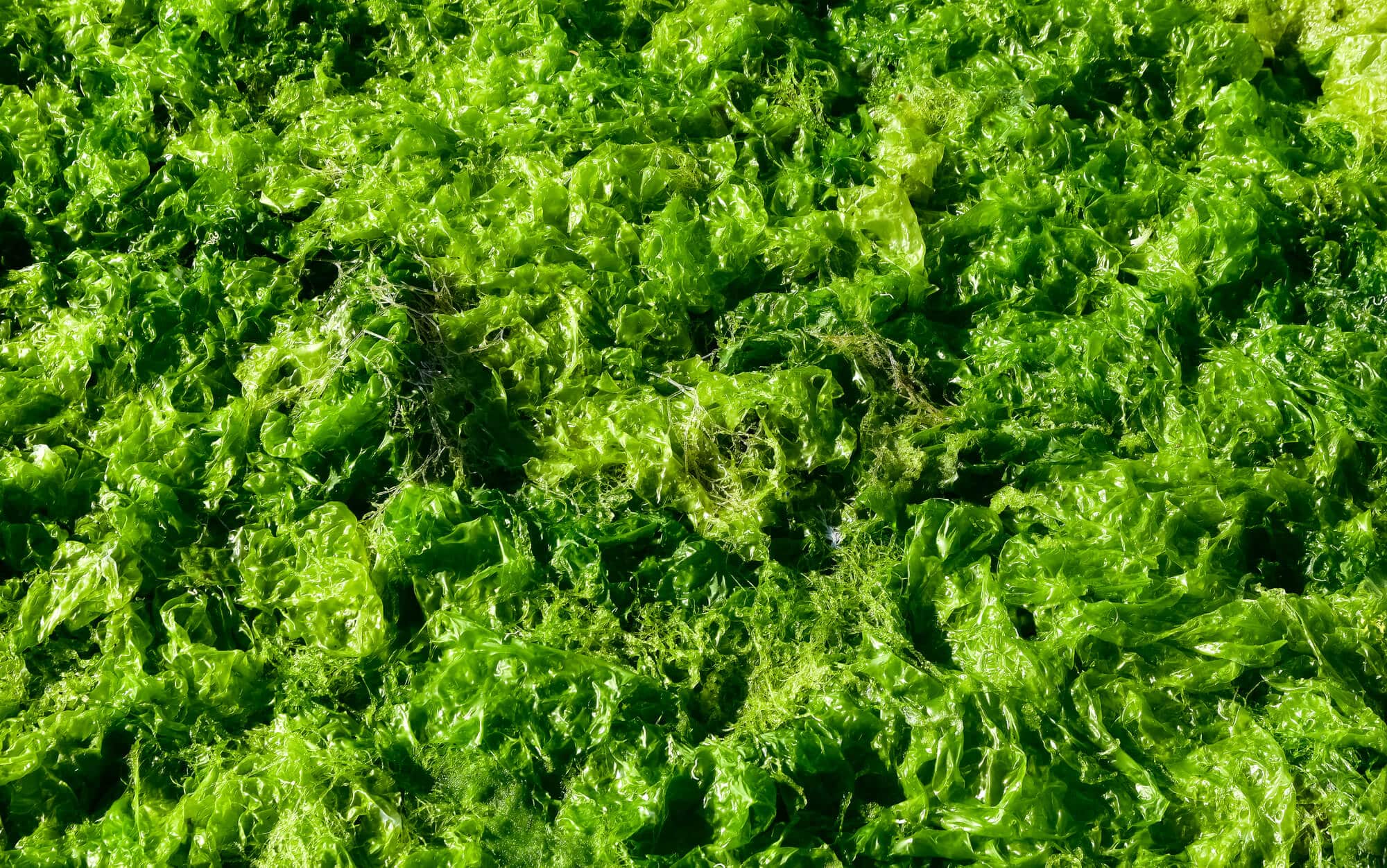Ecological discovery against the corona virus: a natural substance extracted from marine algae prevents the infection of cells with the corona virus

"Today it is already clear that the vaccine against Corona, despite its great effectiveness, will not be able to stop the spread of the epidemic throughout the world," explains Dr. Alex Golberg from the Porter School of Environment and Earth Sciences. "Even in advanced countries where the majority of their residents are vaccinated, they understand that as long as no solution is found for the billions who do not have access to the vaccine, the virus is expected to develop more and more variants, which may be resistant to vaccines - and the war against Corona will continue. For this reason, it is very important, for the sake of humanity as a whole, to find a cheap and accessible solution that will also suit weak populations in developing countries."
"For this purpose, we decided in our laboratory to test a material that we produced in previous studies: Ulvan, which is produced from a marine algae called Ulva, which is also called 'sea lettuce' and is used for food in places like Hawaii and Scotland. In the past it was published that Olvan is effective against viruses in agriculture and also against some human viruses, and if the corona virus arrived, we asked to test its activity against the corona virus."
Indeed, the laboratory researchers led by Dr. Gulberg found that the ulvan substance prevents the infection of cells with the corona virus. According to the researchers, "it is a cheap natural substance to produce, which may help solve a serious problem: the spread of the corona virus in large populations, especially in developing countries, which do not have access to a vaccine - a situation that claims many victims and even causes the accelerated creation of new variants. The research is still in its early stages, but we hope that the discovery will be used in the future to develop an accessible and effective preparation against corona infection."
Shai Shafer, Arthur Rubin and Alexander Tsimudnov from the laboratory of Dr. Golberg, Prof. Michael Guzin participated in the study from the school of chemistry and from the Center for Nanoscience and Nanotechnology at Tel Aviv University, as well as researchers from the Hebrew University, from the Meir Medical Center in Kfar Saba, and from the Southern Research Institute in Alabama, USA. The article was published in the journal PeerJ.
safe optimism
To test their hypothesis, the researchers went to the laboratory in the midst of the first lockdown, grew ulava algae, extracted the substance ulavan from them, and sent it to the Southern Research Institute in Alabama, USA, which deals with infectious diseases. The researchers in the USA built a cellular model to test the activity of the substance produced in Prof. Gulberg's laboratory. The cells in the model were exposed to the corona virus and to olvan, and it was found that in the presence of olvan the virus does not penetrate the cells. In other words: Olvan (unlike other algae extracts tested) prevents the cells from being infected by the corona virus. According to the researchers, "the findings are very encouraging, but they are still only in terms of 'signs of oil', and a lot of work is still ahead of us." The substance was produced in raw production, so it is actually a mixture of many natural substances, and we have to find out which of them is the substance that prevents the cells from sticking. After that, it must be examined how, if at all, it works in humans."
"In the research we found a natural substance, cheap and easy to produce, that prevents infection of cells in the laboratory with the corona virus. Our findings prompt cautious optimism at this stage. In the most optimistic scenario, the oval could be used as a solution to an urgent and painful problem: protection against corona for billions of people who do not have access to vaccines. This will prevent the development of new variants, something that will ultimately contribute to stopping the global epidemic, which has claimed the lives of close to five million people to date."
More of the topic in Hayadan:
- How disruptions in the development of the immune system can damage the fetal and neonatal brain in mice used as a model for the study of brain diseases Developments
- A researcher from the Hebrew University has developed materials that will prevent tissue adhesion after surgery
- A substance developed by a researcher from the Hebrew University to prevent tissue adhesion after surgery received FDA approval
- An experimental vaccine protected monkeys from contracting SARS
- Corals are planted on a man-made reef
